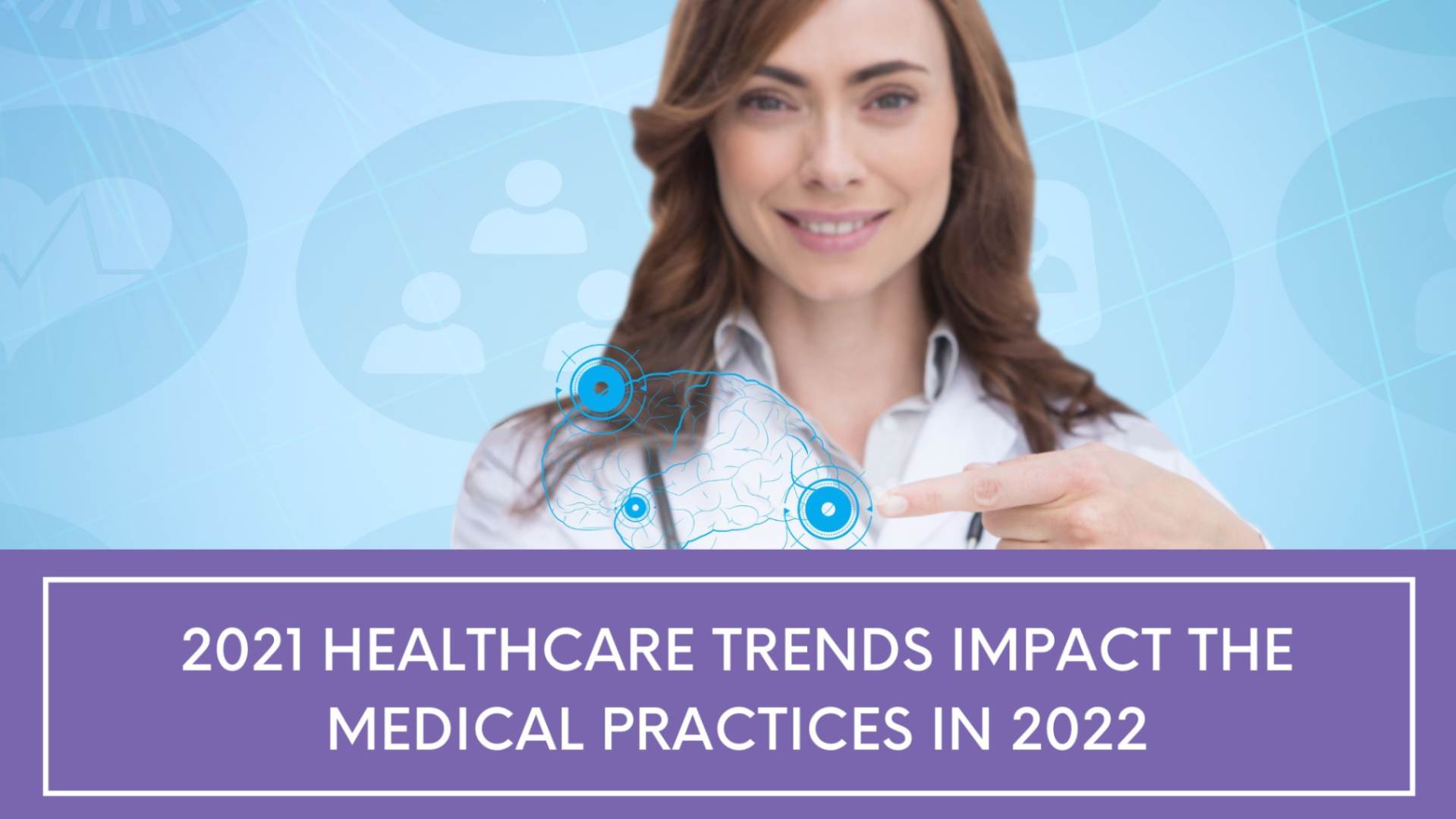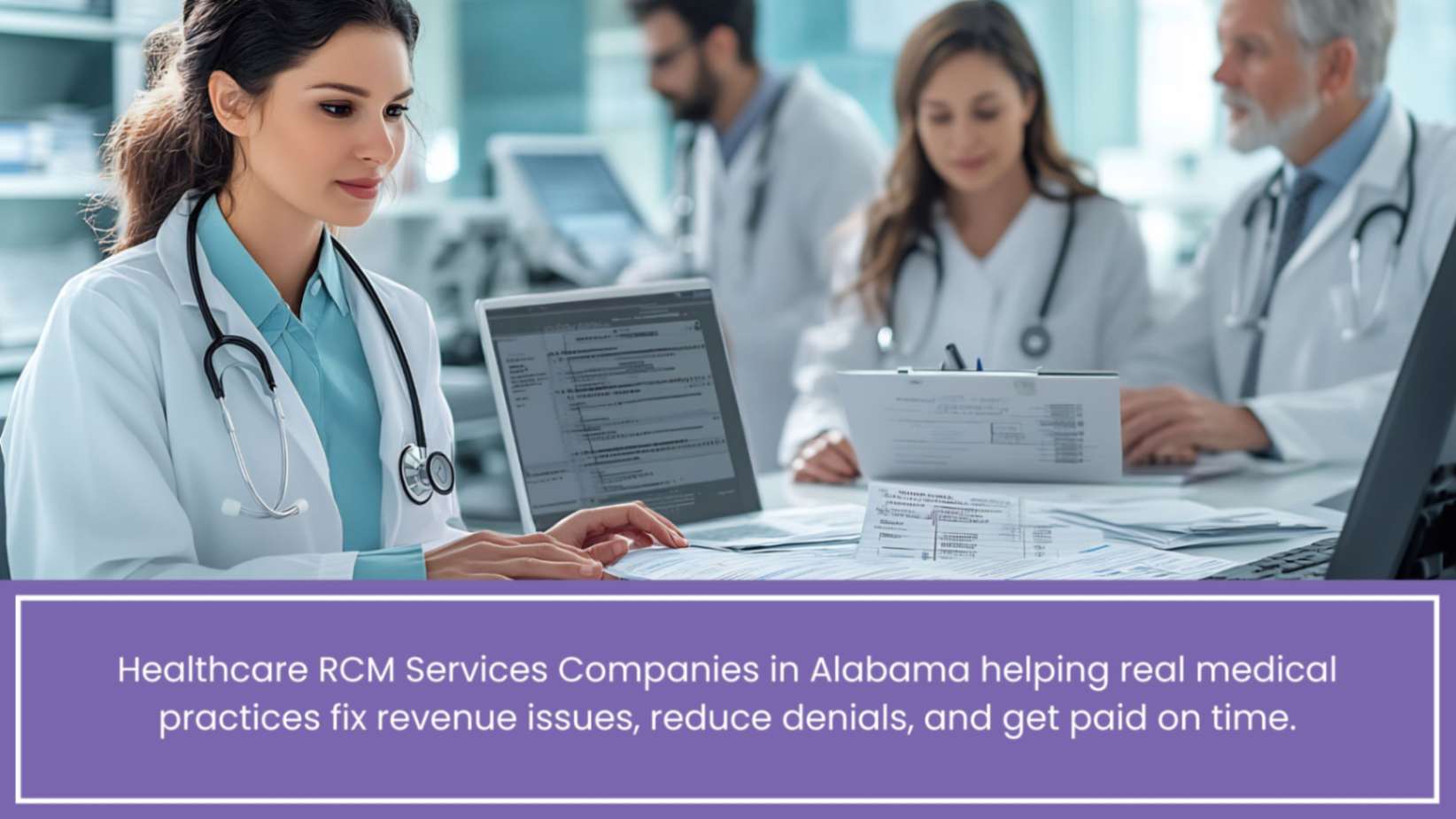2021 Healthcare Trends Impact the Medical Practices in 2022
COVID-19 outbreak has caused the healthcare industry to undergo a radical change in the standards and protocols of the medical system. These changes were associated with necessary public safety, and the emergence of unexpected circumstances. 2021 was the year these changes were embraced and with the overwhelming approach of patients at the time, it was more than necessary for healthcare services to optimize their standard protocols. During the lockdown period, the influx of patients and risk factors for medical practitioners were too high, and they had no other go but to work meticulously to manage the situation to the least.
While people’s lives are getting back to normalcy, the impact on healthcare providers for RCM Services and facilities during the pandemic is not going anywhere soon. The changes emulated by the medical institutions due to the situation might stay for some potential period.
Table of Contents
The following are the changes that were inferred in the year 2021 as a result of meeting unexpected challenges for healthcare systems.
1. Automation
Due to the high volume of medical processing, there came a need for solutions that could help bring in quicker processing, management, and delivery of care. And therefore, healthcare services made their ultimate shift to automation to make quick decisions, and save a lot of time, amidst the chaos. But implementing automation into medical practice is not an easy task as it seems. It requires thorough supervision and proper maintenance. Although automation sounds good to go, it might take some time for medical organizations to completely shift to automated healthcare.
The main motivation for healthcare systems to implement computerized automation is to eliminate any repetitive tasks. It aids the practitioners to make quick decisions by streamlining several processes and accelerating standard practices. In addition, automated billing is proven to be the most convenient option for patients and providers.
However, there remain certain activities and customer support that a machine cannot replace. For this reason, automation cannot be completely established for end-to-end processing but can only be adopted up to a certain extent that fulfills the back-end, front-end, and mid-cycle processes of the Revenue Cycle Management.
2. Patient as the Payer
As the pandemic emerged, insurance companies were bombarded with claims for amounts that were out of control. Due to this, many payers cancelled their policies which left the patients nothing but to pay all of their medical expenses or a major part of them out of pocket. This level of consumerism resulted in the adoption of High Deductible Health Plans (HDHPs) by patients which in turn helped them cover some parts of their medical expenses, affecting the RCM process at large.
3. Remote Working
Although remote operations have proven to be extremely effective in other industries, healthcare doesn’t come under that umbrella. Patient-doctor interactions work effectively only through face-to-face encounters when compared to online communication, which is not completely practical in terms of rendering healthcare services. The reason? There is a huge risk of data breaches while exchanging and handling confidential information on an online platform. However, Revenue Cycle Management does not come into this radar. It was indeed proven that remote management of RCM processes has yielded more productivity and profitability for healthcare organizations. It offers a secured environment for medical documents and is dealt with by experts who know what they are doing.
Final Words
2022, being the immediate successor, is currently facing the major impact of the inclination that is leading towards sophistication in the medical sector. These trends have brought about several challenges to the healthcare sector, especially within the payer and provider networks. However, the fact that these trends can be a strong underlying foundation for the future cannot be neglected as well. It is indeed going to take some time for people to get used to these changes, but in the meantime, we are building a new future for healthcare.
About Us
Practolytics team is focused on improving the efficiency of the RCM cycle for medical practices by providing offshore expertise to deal with Accounts Receivables, Medical Billing, Medical Coding, Patient and Practice management, and streamlined practice operations. We partnered with AdvancedMD to bring in smooth operations to manage these activities and have built a reputation in terms of helping practices thrive financially.
For more information, reach out to our experts!
ALSO READ – 10 Tips to Grow Your Medical Practice in 2022
Talk to Medical Billing Expert Today — Get a Free Demo Now!






